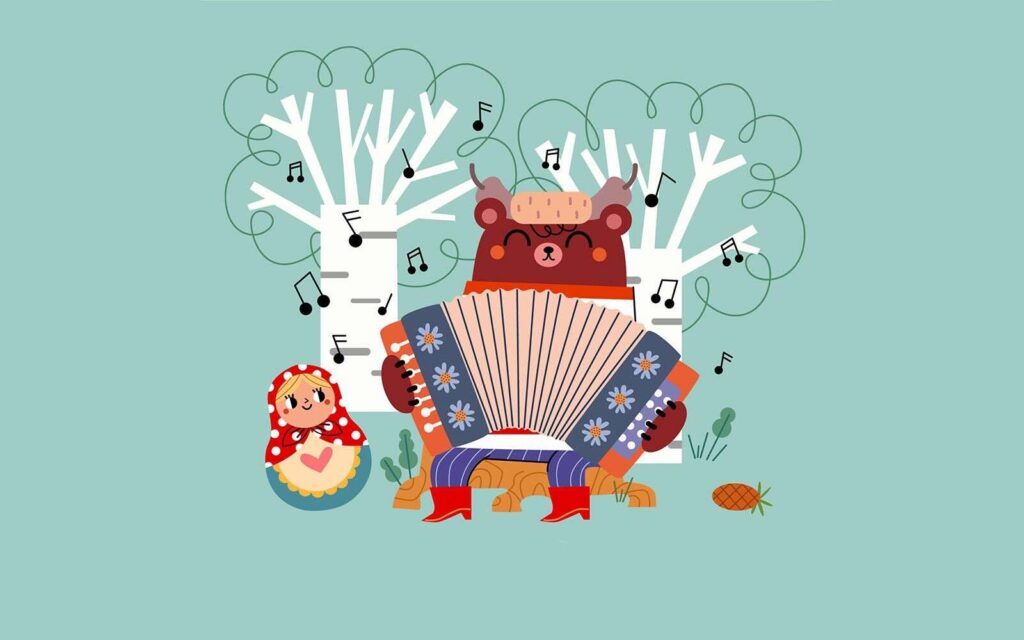"Banya, vodka, accordion, and salmon!" – many Russians will recognize this playful line. But these are just a few of the many stereotypes foreigners often associate with Russia.
In Part 1 we looked at the first five. Now, let’s explore five more common myths.
Every Russian Is an Oligarch
Yes, there are many talented and successful Russians — some well-known abroad. But that doesn’t mean every second person is a billionaire. Russia doesn’t have more oligarchs than any other large country. The difference? Russia simply has a lot of people.

Seafood in the Far East Is Practically Free
Not quite. Yes, the Russian Far East is known for its seafood, and it can be a bit cheaper than in other regions. But if you walk into a high-end restaurant in Vladivostok, you’ll likely pay the same price for oysters and crab as you would in Moscow.
Of course, some people try catching delicacies themselves — but that takes proper gear and experience.
Russian Banya Is Like a Furnace
Many foreigners believe that Russians only enjoy banya (steam bath) at extreme, unbearable temperatures. And... they’re not entirely wrong.
In fact, it’s a tradition to heat things up especially for foreign guests, as a way of showing hospitality and resilience!
But not everyone in Russia loves the banya. Some people avoid it for health reasons, or just because they don’t enjoy it. So yes, the banya is a part of Russian culture — like matryoshka dolls or samovars — but it’s not for everyone.

Russians Are Wild and Uncivilized
This stereotype likely emerged during the Cold War — or maybe even earlier. But just think of Russian culture and art, and the myth quickly falls apart.
Russian literature, classical music, ballet, and cinema are admired around the world and even taught in schools and universities abroad.
This global recognition stems from a deeply rich and refined culture.
Russian Is the Most Complicated Language in the World (and Has No Logic)
It’s true: Russian is not easy to learn. The language expresses feelings and states, not just information.
But that doesn’t mean it’s illogical — it just has its own logic. With the help of skilled teachers, Russian becomes not just learnable, but fascinating.
And the key isn’t just memorizing grammar — it's also understanding Russian culture. Only then do the structure and richness of the language begin to make sense.

At Palme School we use Russian fairy tales and the works of great authors in our teaching. We also study cursive phrases, poems and traditions. This approach makes the lessons fun and the language lively and interesting.
Russian is worth learning if only to read the great literary classics in the original. Only then can you truly feel the depth of these masterpieces.
And for children, it’s especially important to understand Russian culture — not through stereotypes, but through knowledge and truth.
Learning Russian, whether as a second language or for bilingual kids, helps develop not only the brain — but also the soul.
👇 Fill out the short form below to sign up for a free trial lesson.






